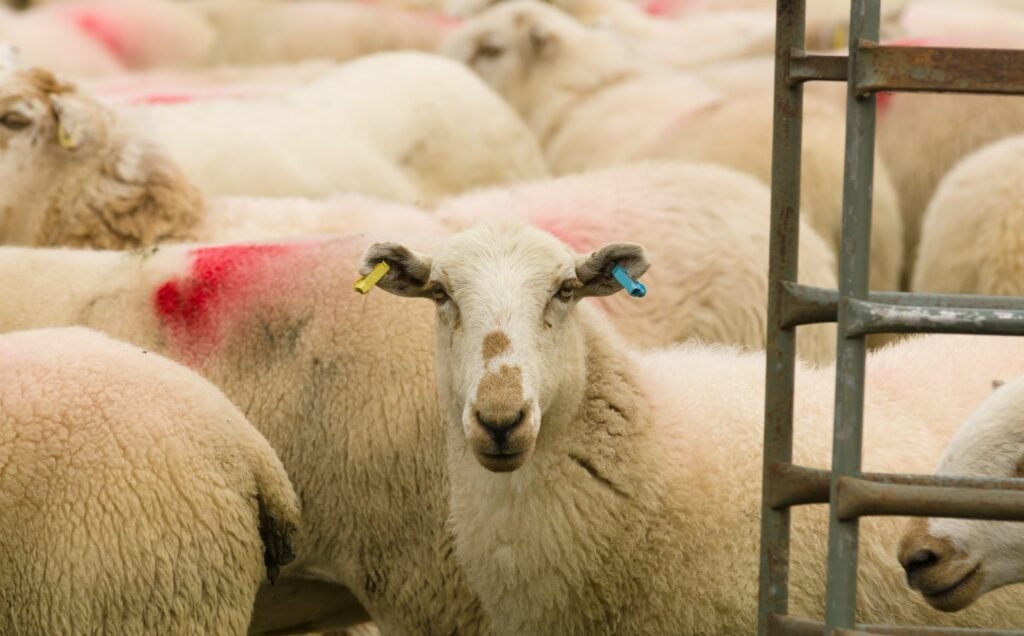New Zealand (aka Aotearoa – the current Māori-language name for the country) has officially announced plans to ban live animal exports.
The country currently only exports animals for breeding, not slaughter, and it will stop all of these on April 30, 2023.
The decision comes two years after 41 crew members and 6,000 cattle died when a storm sank an export ship.
Two New Zealanders were killed in the tragedy, which led to an increase in support to ban live exports in the country.
Damien O’Connor, the country’s environment minister, said that the new law would protect New Zealand’s reputation as the world becomes increasingly more conscious of animal welfare.
“It protects the reputation of not just our farmers now, but the farmers of the future,” he said.
A cruel industry
Live exports are hugely controversial due to animal welfare concerns. The vessels are often overcrowded, and the animals suffer from disease, exhaustion, and dehydration.
Millions of animals, including pigs, cows, and sheep are exported each year around the world.
Compassion In World Farming describes live exports as “painful, stressful and completely unacceptable.”
Many animals have also been killed in accidents. In 2020, 14,000 sheep were killed after a ship capsized. Earlier this year, around 15,000 drowned after another sunk near Sudan.
Live animal exports in New Zealand
Last year, 134,722 cattle were exported out of Aotearoa.
O’Connor notes that due to the fact New Zealand is relatively far from the countries it exports to, animals can suffer even more than usual on these journeys.
“New Zealand’s remoteness means animals are at sea for extended periods, heightening their susceptibility to heat stress and other welfare-associated risks,” he said.
New Zealand praised
Live exports are hugely controversial across the world, and this move by New Zealand is a significant step against the practice.
“We’re delighted to hear that New Zealand has announced it will ban live exports from next year and we urge other nations to follow suit,” Mandy Carter, Global Head of Campaigns at Compassion In World Farming, told Plant Based News (PBN).
Elisa Allen, PETA Vice President of Programmes, told PBN that Britain should take Aotearoa’s example.
“Now that New Zealand has passed legislation banning the sordid live-export trade, all eyes are on the UK government to follow suit,” she said. “The sooner the government fulfils its commitment to ending this cruel, dangerous trade, the better. Anyone horrified by this cruelty and suffering must take personal responsibility by going vegan.”
Visit Compassion in World Farming to sign its petition to ban live exports.






